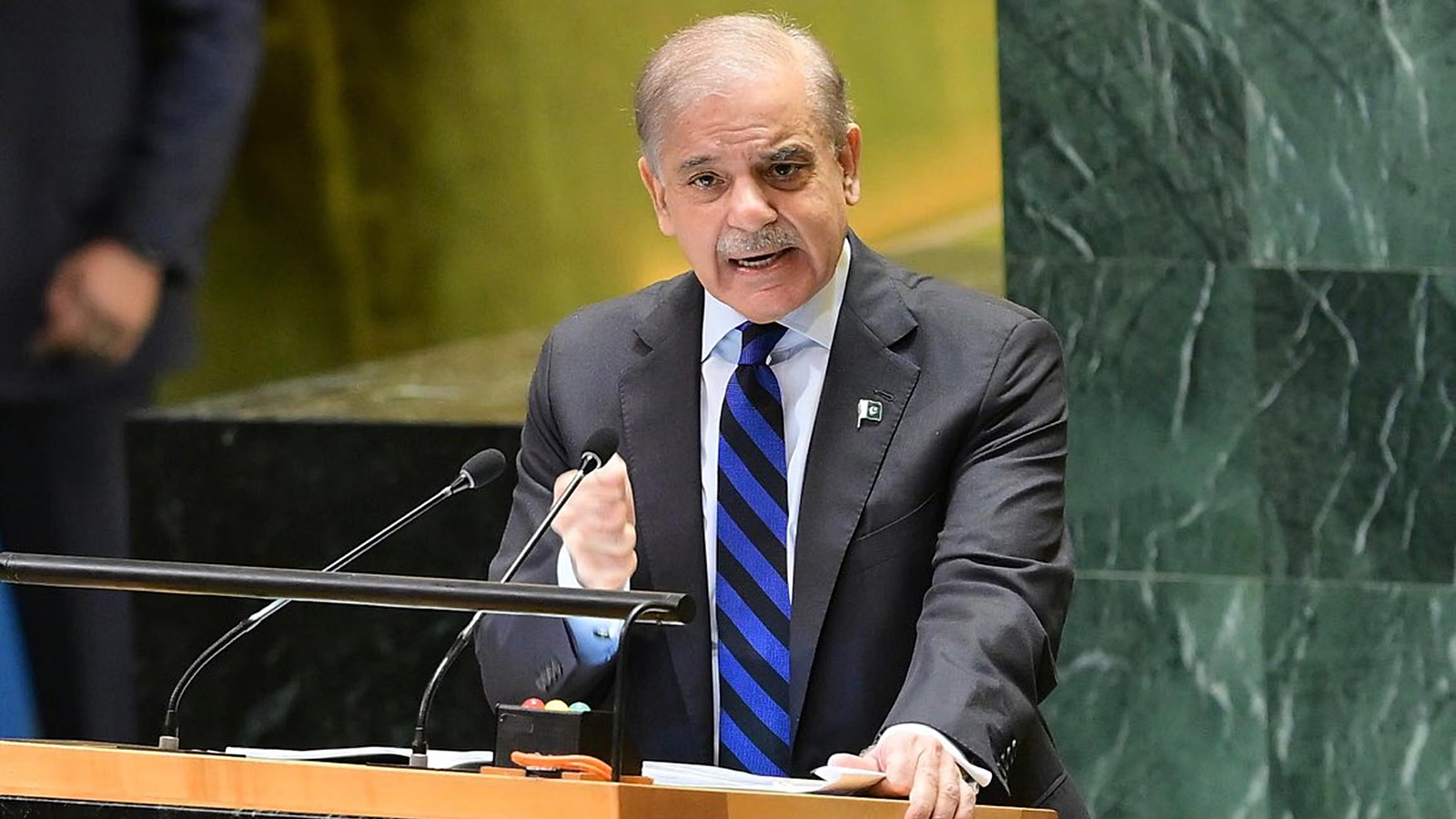India’s Ministry of Communications announces Certain Postal Restrictions On US
In a decisive and pragmatic move, the Department of Posts under India’s Ministry of Communications announced on Saturday that it would temporarily suspend the booking of all US-bound postal articles—except letters, documents, and gift items valued up to $100—effective August 25, 2025.
The step comes as a response to Washington’s recent decision, spearheaded by the Trump administration, to withdraw its longstanding duty-free de minimis exemption for goods valued up to $800 from August 29 onward, a move that has sent ripples through global trade networks.
The announcement from India Post underscores New Delhi’s swift diplomatic and logistical foresight, with officials stressing that the decision is a temporary measure to shield Indian exporters and citizens from confusion and potential losses amid an abrupt shift in US tariff policies.
“The Department of Posts has decided to temporarily suspend booking of all types of postal articles destined for the US with effect from 25 August 2025, except letters/documents and gift items up to $100 in value.
These exempt categories will continue to be accepted and conveyed to the US. The Department is closely monitoring the evolving situation in coordination with all stakeholders, and every effort is being made to normalise services at the earliest possible opportunity,” the Ministry of Communications stated.
Officials also reassured customers who had already booked consignments that refunds would be offered, emphasizing India’s commitment to transparency and customer protection.
“The Department of Posts deeply regrets the inconvenience caused to customers and assures that all possible measures are being undertaken to resume full services to the US at the earliest,” the statement added.
Trump’s Aggressive Trade Policy Sparks Global Repercussions
This suspension comes against the backdrop of Donald Trump’s increasingly aggressive and protectionist trade policies, which have been criticized by many prominent voices within the United States itself.
The White House has justified its decision to end duty-free treatment for low-value imports by citing national security concerns, claiming that the system was being “abused” to smuggle fentanyl and synthetic opioids into the country.
However, experts and critics argue that the move appears knee-jerk and retaliatory in nature, part of Trump’s larger campaign of economic muscle-flexing that has strained relations with trade partners around the world.
Several senior American lawmakers, trade associations, and consumer advocacy groups have slammed Trump’s decision as impulsive, arrogant, and harmful to ordinary Americans, warning that these measures will increase consumer costs and disrupt global e-commerce ecosystems.
New Delhi-based think tank, the Global Trade Research Initiative (GTRI), noted that this policy shift is already reshaping supply chains.
“The suspension of shipments from India underscores the immediate fallout of Washington’s trade measures, which are expected to disrupt global e-commerce and hurt exporters in India and other countries that relied on small-value, duty-free shipping,” GTRI said.
Under the proposed tariff system, all inbound parcels will attract duties. While the US Customs and Border Protection (CBP) has yet to finalize its new entry process, shipments are expected to be slapped with either ad valorem duties under the International Emergency Economic Powers Act (IEEPA) or flat-rate duties of $80, $160, or $200 per item, depending on tariff brackets.
This lack of clarity has left global exporters in limbo, with India’s decision reflecting prudence rather than panic.
India’s Diplomatic Calculus: Strategic Autonomy on Display
India’s move is not merely an administrative step but a clear signal of strategic autonomy in the face of Trump’s trade brinkmanship. Rather than risk chaos at international shipping hubs or expose exporters to unpredictable tariffs, India has chosen to temporarily halt shipments, demonstrating its commitment to shielding its businesses and citizens while awaiting clarity from Washington.
Trump’s administration has, over recent years, adopted a policy of economic nationalism, alienating key partners and creating instability in global trade.
Critics within the US—including influential members of Congress, economists, and business leaders—have expressed concern that these protectionist policies risk isolating America and undermining its credibility as a trading partner.
By taking proactive measures, India has signaled that it will not be caught off guard by unilateral and politically charged decisions from Washington. Instead, this pause gives India the time and space to re-strategize, negotiate, and prepare exporters for the new reality of tightened US trade policies.
A Moment of Realignment in Global Trade
The suspension is emblematic of a larger trend: global trade is entering a phase of realignment, with nations rethinking their dependence on unpredictable US policies. India’s step also highlights its growing confidence on the world stage, asserting its right to make independent and calculated choices rather than being a passive player in Trump’s aggressive economic narrative.
With the US facing domestic backlash over Trump’s “vengeful” trade policies, the suspension of shipments is both a protective measure for Indian exporters and a subtle diplomatic signal that India will act in its own national interest while championing fairness in global trade.
#IndiaPost #TrumpTradePolicy #GlobalTrade #DiplomaticStrategy #IndiaUSRelations #TariffWar #StrategicAutonomy #TradeDisruption #Ecommerce #InternationalShipping #GlobalEconomy #TrumpBacklash




